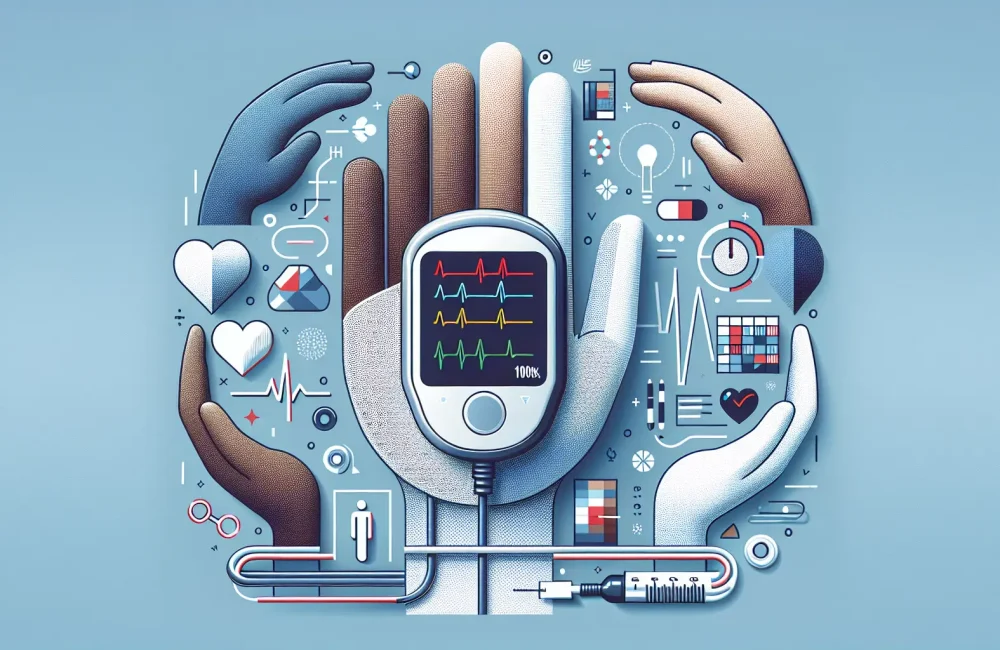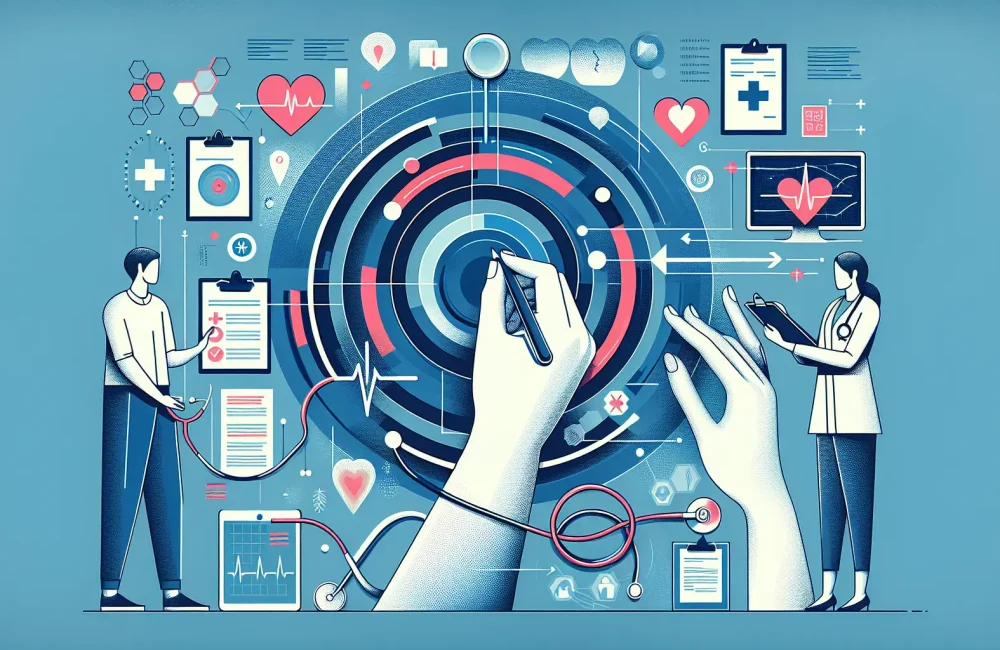By CAFMI AI From JAMA
Advanced Machine Learning Model Enhances Early Diagnosis
This study introduces a novel machine learning model developed to detect serious mental illness (SMI) significantly earlier than traditional methods. Utilizing a robust dataset incorporating electronic health records, demographic details, and clinical assessments, researchers engineered an algorithm capable of predicting the onset of psychiatric conditions such as schizophrenia, bipolar disorder, and severe depression with high accuracy, sensitivity, and specificity. The model’s performance surpassed conventional screening tools, pinpointing individuals at risk before full clinical symptoms manifested. This earlier identification allows clinicians to implement proactive interventions that could markedly improve patient outcomes. The methodology involved rigorous training and validation of the algorithm with diverse clinical data, emphasizing the model’s potential for integration into existing psychiatric evaluation workflows. This breakthrough offers clinicians a powerful tool to support early diagnosis, potentially reducing delays in mental health treatment which is critical for mitigating progression and improving long-term prognoses.
Clinical Implications and Integration into Healthcare Practice
The integration of machine learning in mental health screening presents transformative possibilities for clinical care. This model’s ability to detect SMI early can reshape psychiatric practice by enabling timely intervention strategies tailored to individual risk profiles identified through electronic health data. For healthcare professionals, particularly in primary care and psychiatric settings, adopting such predictive tools could enhance screening efficiency, allowing for focused resource allocation and personalized patient monitoring. The study highlights that implementation can support guideline-driven care pathways by flagging patients who might benefit from early psychosocial or pharmacological treatments, potentially reducing morbidity associated with delayed diagnosis. However, successful clinical adoption necessitates training providers to interpret and act on model outputs responsibly, emphasizing the importance of multidisciplinary collaboration to ensure ethical patient management and to overcome barriers related to trust in AI systems.
Challenges, Ethical Considerations, and Future Directions
Despite promising results, the study acknowledges several limitations and ethical considerations that clinicians must consider when adopting machine learning diagnostics. Generalizability remains a concern since the model was primarily trained on specific population datasets, highlighting the need for including diverse demographic and socioeconomic groups to ensure fairness and accuracy across broader patient populations. Ethical issues surrounding predictive diagnostics, such as patient consent, data privacy, and the psychological impact of risk notification, require careful protocols to safeguard vulnerable individuals. The authors suggest ongoing research to refine algorithms, address biases, and develop robust frameworks that integrate clinical judgment with machine learning insights. Additionally, long-term studies are essential to evaluate the impact of such tools on actual patient outcomes and health system efficiency. For clinicians, understanding these limitations and engaging in continued education about AI technologies will be crucial to harness the full potential of predictive models safely and effectively in mental health care.
Read The Original Publication Here






